Heart Conditions & Pregnancy – Risks You Should Know About
Pregnancy usually stresses your heart and your blood circulatory system. But many women inspite of heart conditions can deliver healthy baby.
Only one thing, that if you have the heart conditions, you need special care during pregnancy. So it’s recommended that before you conceive schedule an appointment with your cardiologist. Let them evaluate and consider any treatment you might need to take before pregnancy begins.
Here’s what you need to know about heart conditions and pregnancy.
How does pregnancy affect the heart?
“During pregnancy, your blood volume increases by 30 to 50 percent to nourish your growing baby. The amount of blood your heart pumps each minute also increases by 30 to 50 percent,” as stated by Mayo Clinic. These changes to your body cause your heart to work harder.
Labor adds to your heart’s workload too. During labor (when you push) blood flow and pressure changes abruptly. After delivering the baby, the decreased blood flow through the uterus also stresses your heart.
What are the risks?
Heart rhythm issues. No cause for concern as it’s normal.
Heart valve issues. If your valves aren’t working properly, you might have trouble tolerating the increased blood flow.
Congestive heart failure
Congenital heart defect. If you are born with a heart conditions or defect, the new born baby has a greater risk of developing some type of heart defect. There is even a risk of premature birth.
What about medications?
Any medication you take during pregnancy, it will definitely affect your baby. So if you need medication to control your heart condition, consult your cardiologist for the safest medication. Because certain medications that are used to control heart conditions are not used during pregnancy.
Hope this post gives you a basic explanation of the risks involved during pregnancy with a heart conditions.


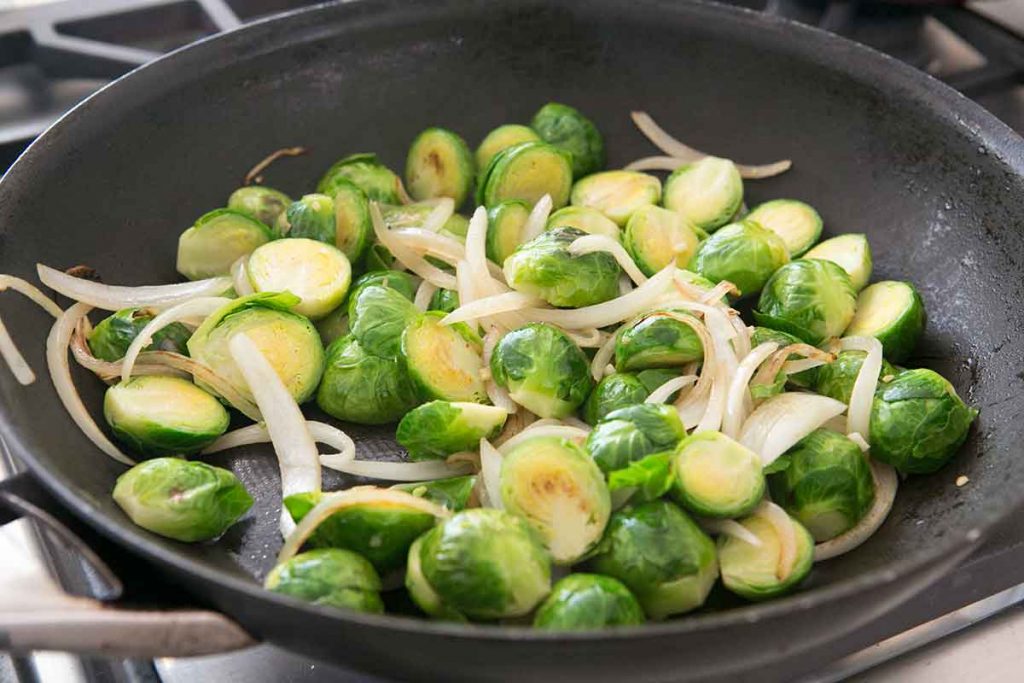
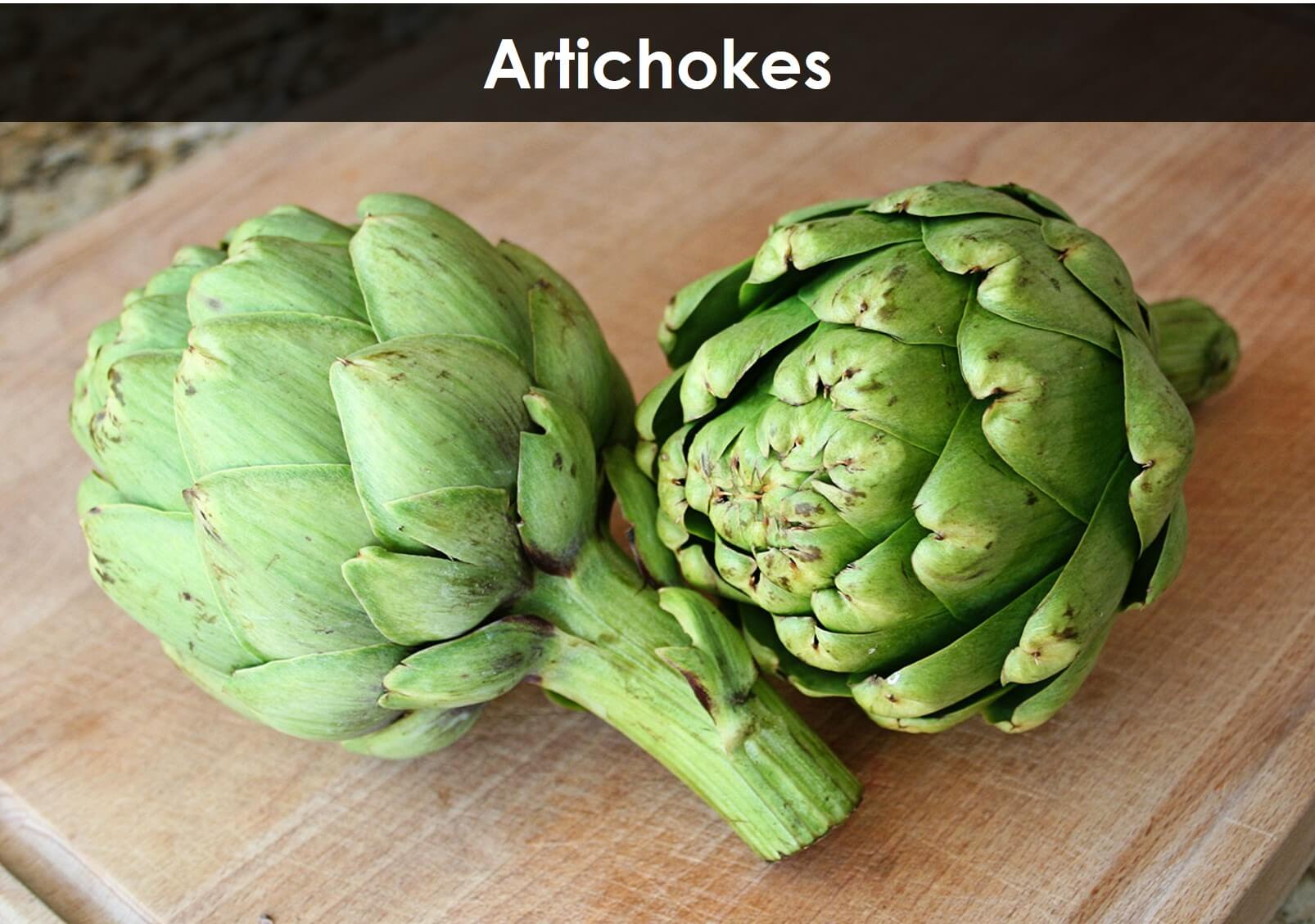
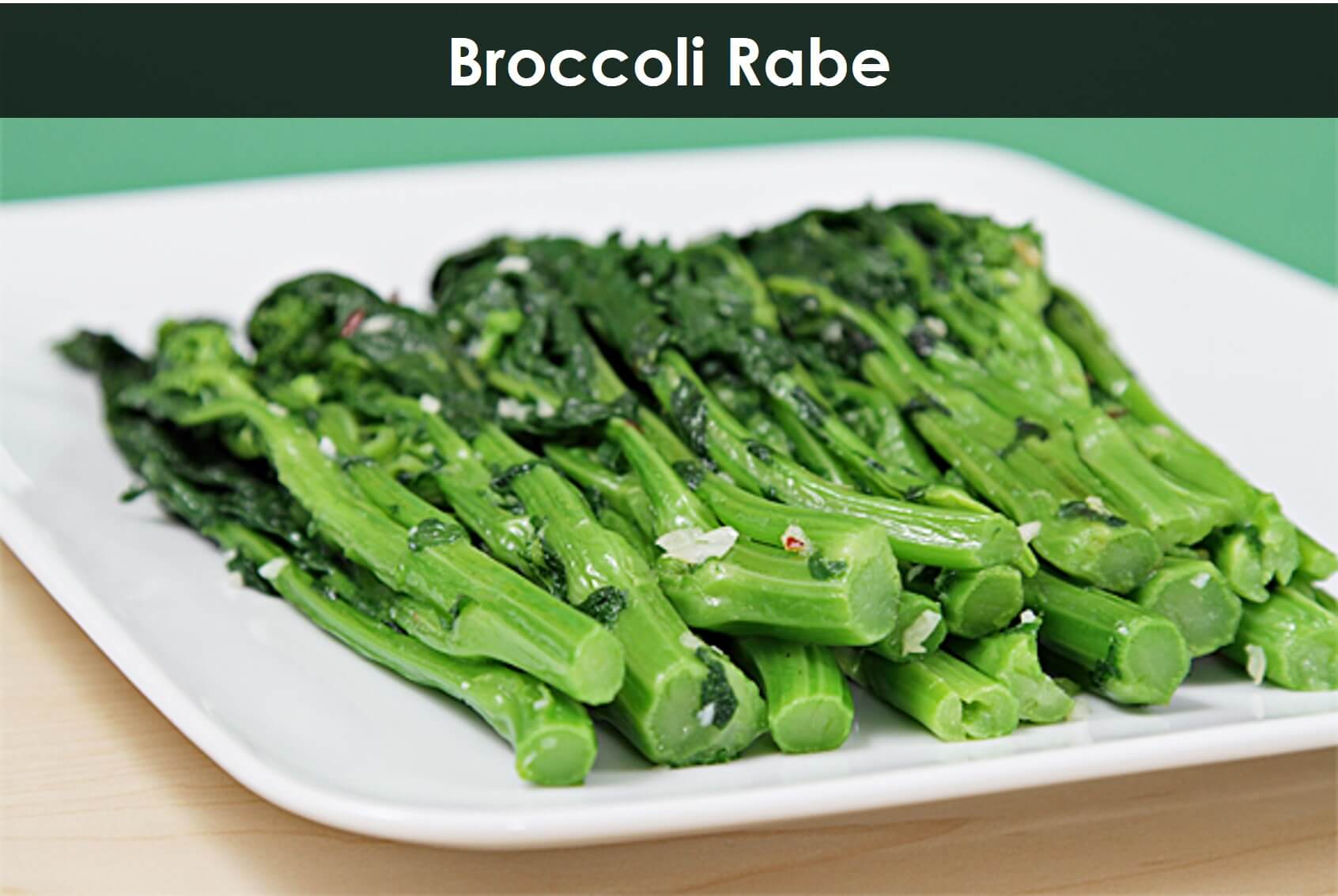
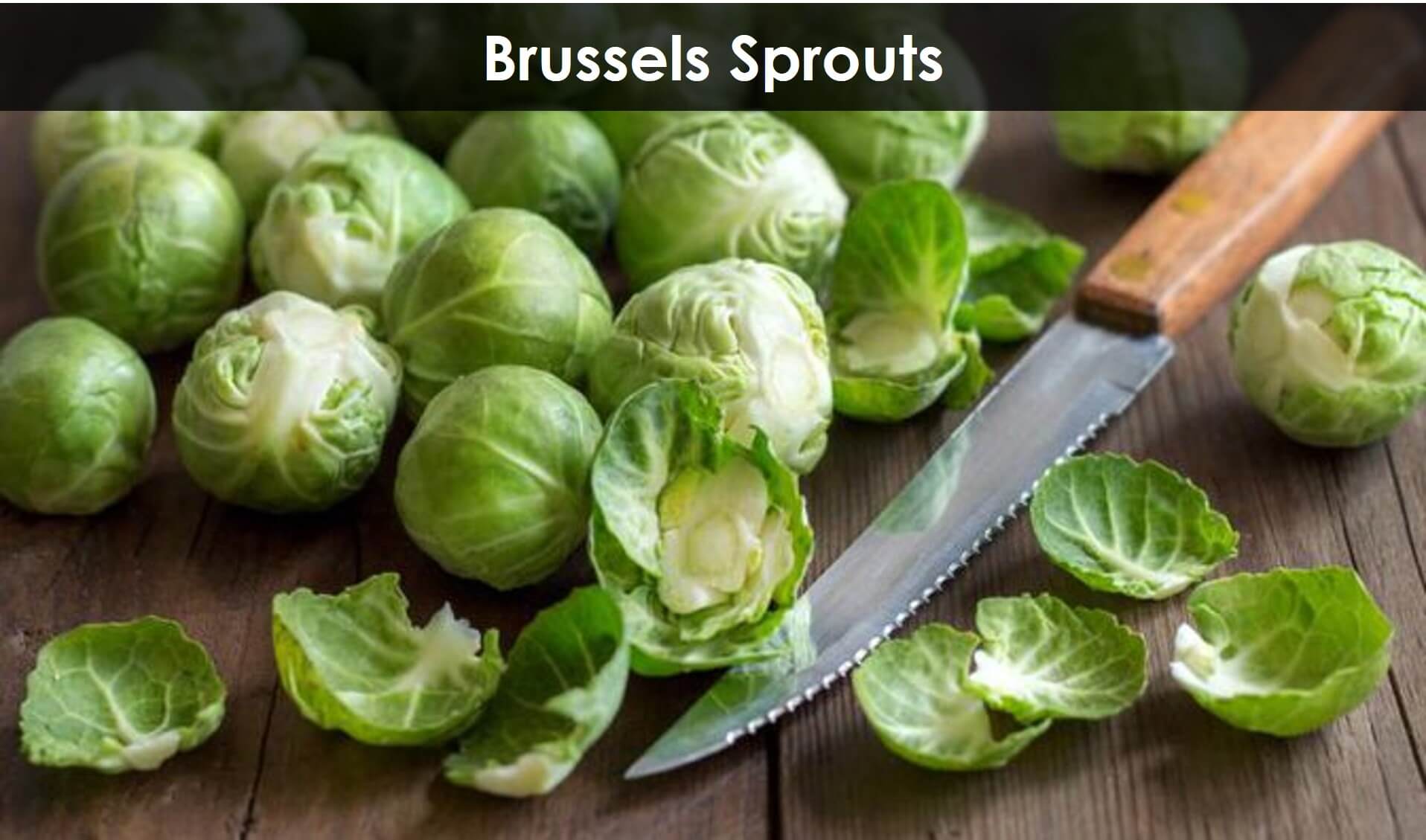


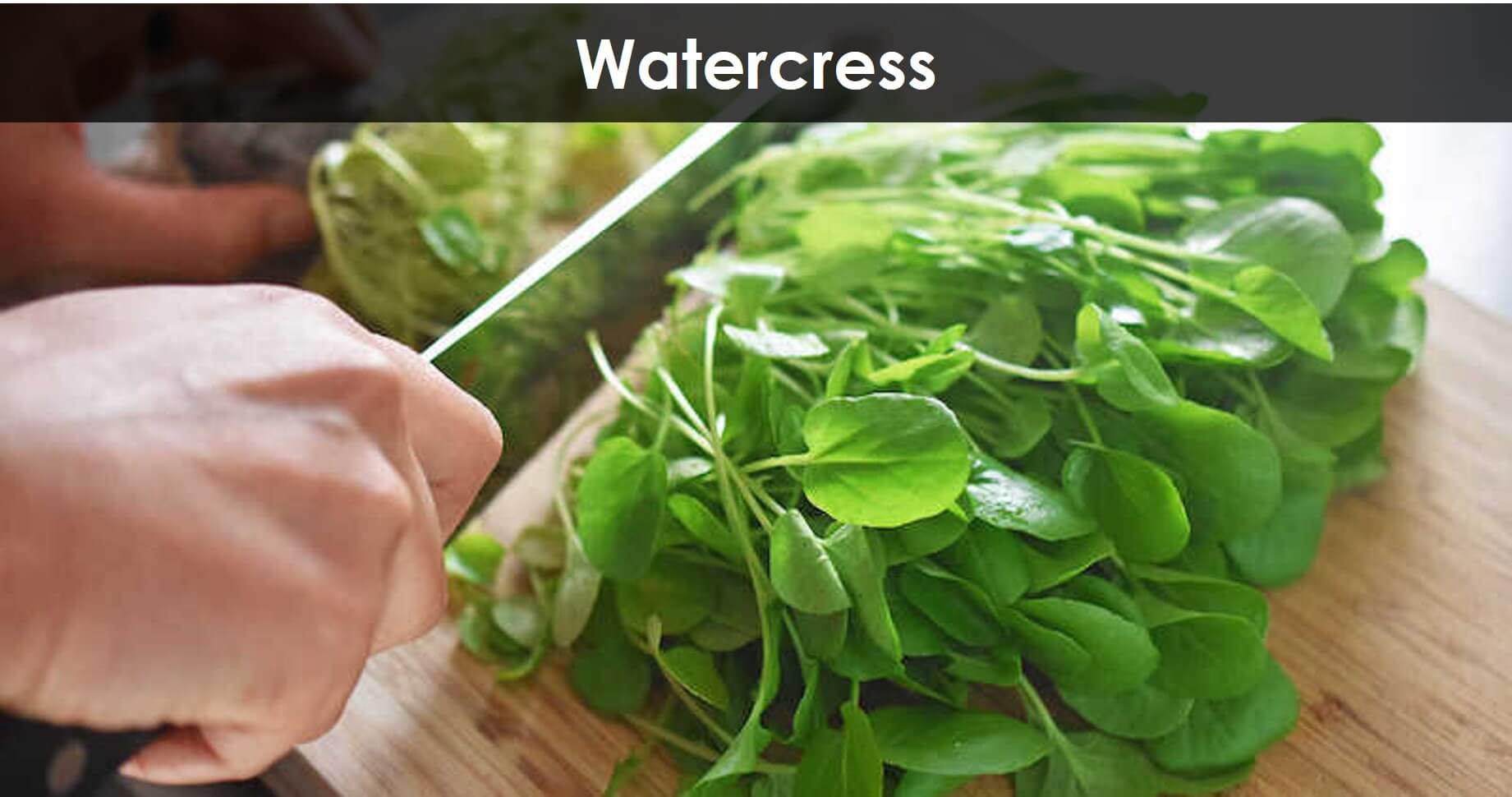
Recent Comments